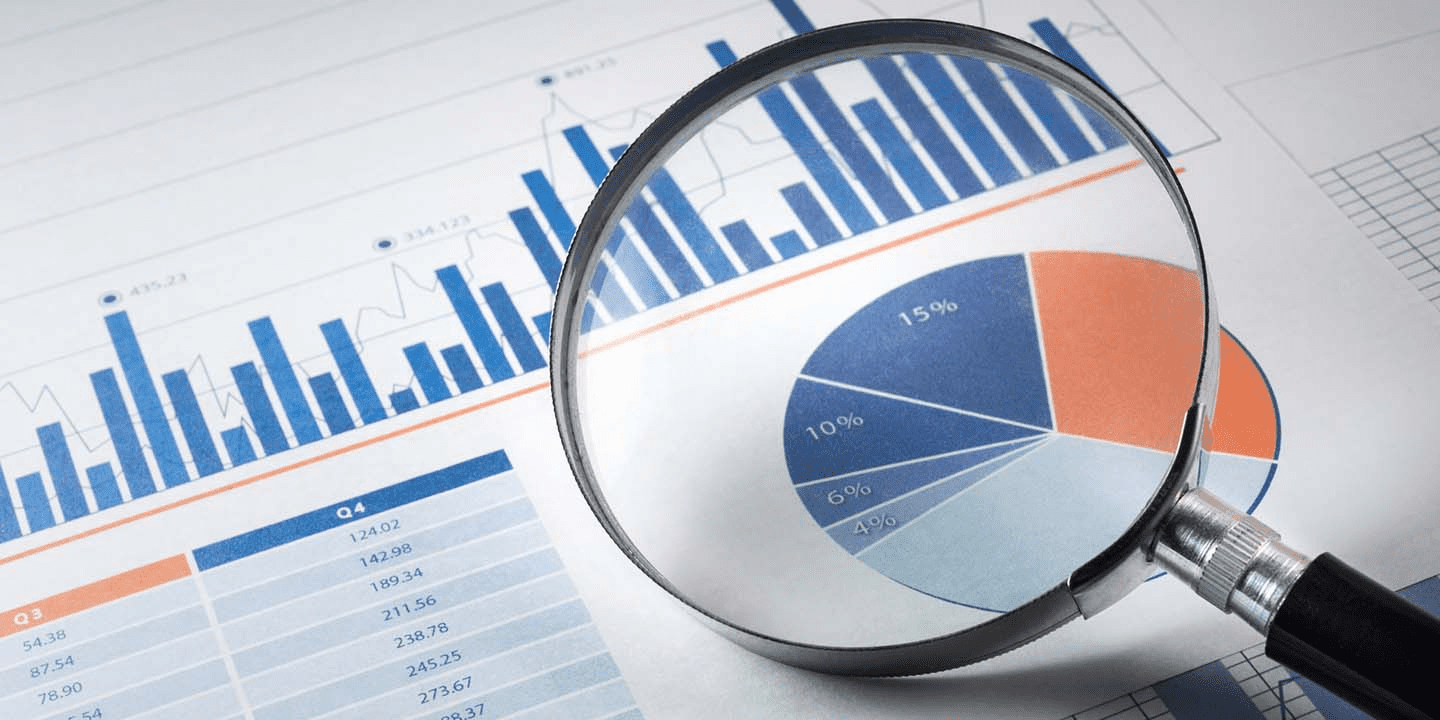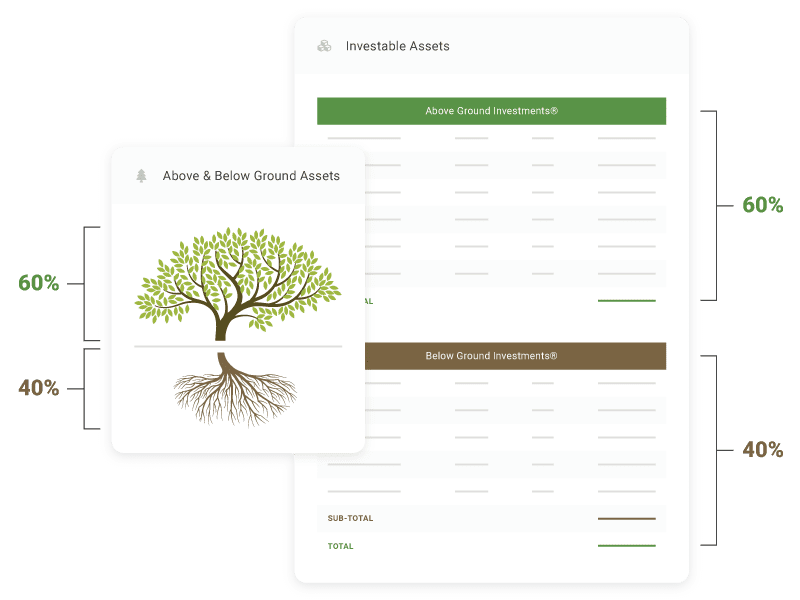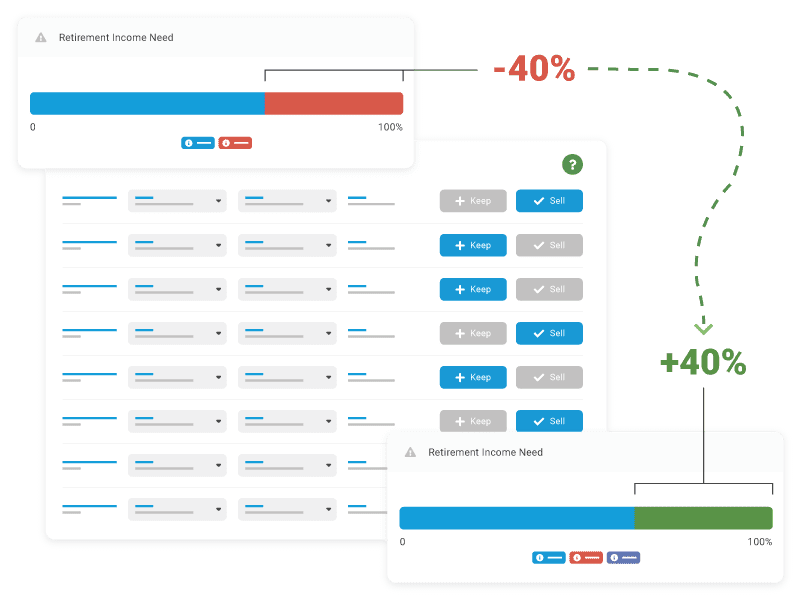Most of us understand the importance of personal finance, and investing can be a great way to build your nest egg and set yourself up for long-term financial security. However, it’s essential to understand the risks associated with a particular investment and how to avoid making costly mistakes. In this blog post, we offer helpful investment advice by discussing three of the most common investing mistakes investors make and how to avoid them.

Do your research before investing.
1- Not Doing Your Research Before Investing
One of the common investing mistakes many investors make is not doing their due diligence before investing money. It’s essential to research any investments before you put money into them, so you know what you’re getting into and are aware of any potential risks or rewards. Do your research on the company or asset you’re interested in, as well as any fees associated with it. Let’s look at why doing research is so crucial and what you can do to improve your investing decisions.
Evaluate an Investment Product
A primary step in making an intelligent investment decision is evaluating the investment product. Researching the product means understanding what kind of return you can expect from it and the level of risk compared to your specific risk tolerance.
For example, if you are considering investing in the stock market, make sure you know how volatile the stocks you are most interested in are, the type of returns you can expect over time, and if there are any tax implications for owning them. It’s also vital to understand stock prices and whether the stock is actively traded or not. If it isn’t, you may have difficulty selling it if you need access to that money quickly.
Research the Company and/or the Person You Are Investing With
Another critical part of making wise investment decisions is researching the company and or the person you are investing with. This includes looking into their past performance on the stock market, financial history, and track record, as well as their reputation in the industry. This applies whether you’re opening a brokerage account to invest in index funds (such as mutual funds) or if you’re using a certified financial planner or a different financial professional.
Make sure they have an excellent customer service record and that they have experienced success with other investments in their portfolio. You want to ensure your money is safe with them and that your financial advisor will do everything possible to ensure its growth over time.
Evaluate Your Own Financial Situation
Finally, when making an investment decision, take some time to evaluate your own financial situation. Before investing more money, consider how much you have available to invest in your savings account, what types of investments will fit within your budget, and the timeline for when you will need to reaccess this money. The last thing you want is to empty your bank account for a hot stock tip only to have your money tied up when an emergency strikes. Many investors also consider how much risk they are comfortable taking on and plan their investments accordingly.

Not diversifying a portfolio is a mistake some investors make.
2 – Not Diversifying Your Investment Portfolio
Another common investing mistake people make is not diversifying their portfolios enough. This means having too much of your money invested in one sector or asset class. This carries more risk than having a variety of investments spread out across different sectors and asset classes. Many people, however, make the mistake of not diversifying their portfolios, leading to disappointing results.
The Risk of Concentrated Holdings
One of the main risks associated with investing in a single asset or sector is that you are exposing yourself to greater investment risk and volatility. It can be a costly mistake to put all your eggs in one basket and invest all your money in a single stock or sector. If those individual stocks or sectors were to experience an unexpected downturn, your entire portfolio could be adversely affected. By spreading your investments across different asset classes—such as stocks, bonds, mutual funds, and exchange-traded funds— you can minimize potential losses if one asset class takes a hit in value due to market conditions or other factors beyond your control.
Missed Opportunities on Ways to Grow Your Money
Another problem with not diversifying your portfolio is you may miss out on opportunities to grow your money in other areas due to all of your capital being tied up in a single asset. By having multiple investments spread out across different assets and sectors, you are able to capitalize on more ways to diversify and grow your portfolio while also reducing risk. This is why it’s essential to research the different types of investments before committing to just one investment. It can ensure you have a diverse range of holdings in your portfolio.
What are the Benefits of Diversifying Your Wealth?
A diversified portfolio has numerous benefits. Not only does it help reduce overall risk, but it allows investors to manage taxes better, as gains from some investments can offset losses from other investments (in some instances). There is also time diversification through dollar cost averaging.
Dollar cost averaging is investing small amounts of money over a period of time in the market. This is a more balanced approach than trying to time the market with large deposits or withdrawals in response to changes in conditions.

Don’t forget to keep track of your investments.
3 – Not Keeping Track of Your Investments
One final investing mistake people make is failing to keep track of their investments after they buy them. This means they don’t know how much they made or lost on each investment over time—or even how much their overall portfolio has changed since they bought it!
Staying on top of your investments is essential for long-term success as an investor. It allows you to spot trends early and adjust accordingly to maximize returns while minimizing risks. Let’s take a closer look at why it’s so important to keep track of your investments and how to do it.
The Benefits of Tracking Your Investments
Tracking your investments can be time-consuming and sometimes tedious, but it’s worth it. There are several benefits to tracking your investments, including staying informed about changes in the market and having more control over where you put your money. When you choose to stay up to date with changes in the market, you can make better investment decisions and increase the potential for higher returns on your money. It also allows you to assess whether or not certain investments are still worth keeping. Knowing where you stand financially is vital when it comes to investing wisely.
Know the Pitfalls of Not Tracking Your Investments
When you choose to ignore your investments, you risk making bad decisions or overlooking opportunities that may have increased the value of your portfolio. You might also miss out on stocks that are performing well or fail to recognize when a stock has taken a nosedive and should be sold to avoid further losses. It can be challenging to determine which stocks align with your long-term financial goals if you aren’t regularly monitoring them.
How Do You Track Your Investments?
There are several ways to track your investments with relative ease. One way is through online tools that can allow you to connect all of your accounts in one place. This easy setup can give you an overview of where your money is going in real time. These services can offer some form of budgeting feature as well, which makes tracking expenses a breeze.
You can also use software programs such as Quicken and QuickBooks. These programs provide comprehensive tools for tracking both income and expenses, as well as managing taxes and other financial matters. Whichever method you choose, ensure the data being tracked accurately reflects the amount of money invested, any associated fees or commissions paid, performance over time, as well as any taxes incurred throughout the year. As an investor you want to have a clear picture of where your money is going at all times.

How do you keep track of your investments?
The Bottom Line
Investing can be a great way to grow your wealth over time, but it also comes with some risk if done improperly. By avoiding these three common mistakes—not doing your research, not diversifying your portfolio, and not tracking your investments—you can help ensure your investments are safe and secure while still growing your money. Many people make investing mistakes, but with careful planning and sound judgment, long-term growth is within reach.
For beginner investors, consider reading our investing: how to start and when to seek help. If you’re already investing but find you have more questions than answers, it may be time to seek the assistance of a financial advisor. The investment professionals at Kaizen Wealth Management are here to help. Contact us today for a free consultation from a qualified financial advisor!



